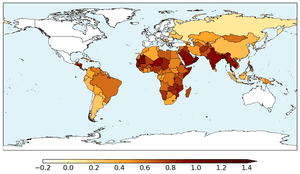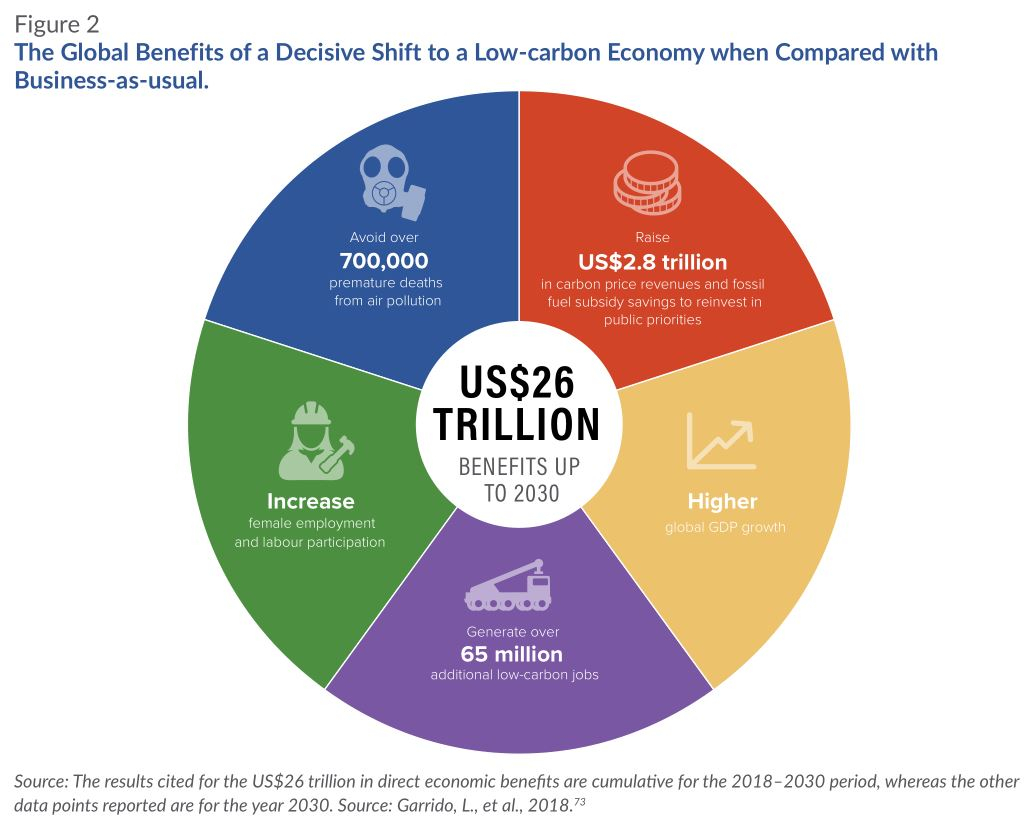Here’s a summary of global warming effects in British Columbia:
- 2018 the worst wildfire season in BC history with an area 13,342 square kilometres (2.4 times the size of PEI) burned in 2,068 wildfires by September 15th, breaking the 2017 record when more than 65,000 people were forced from their homes, including about 10,000 from a massive evacuation in Williams Lake. http://bcfireinfo.for.gov.bc.ca/hprScripts/WildfireNews/Statistics.asp
https://www.cbc.ca/news/canada/british-columbia/state-emergency-bc-wildfires-1.4803546
https://globalnews.ca/news/4410346/bc-wildfires-burn-2nd-most-hectares-e...
-Tourism, resource, and green energy industries are being hit by extensive wildfires around BC whose number and effects have been magnified by climate change.
-B.C. wildfires 2018: Medical issues surge as air quality advisory becomes longest on record. https://vancouversun.com/news/local-news/wildfires-2018-medical-issues-surge-as-air-quality-advisory-becomes-longest-on-record
-Studies on the effects of wildfire smoke on wildfire firefighters are raising concerns about the health risks associated with this. https://www.cbc.ca/news/canada/edmonton/alberta-smoke-wildfires-studies-1.4790141
-Study examined why this exponential growth has doubled the number of wildfires in BC and rest of western North America since the 1980s due to climate change. https://www.sierraclub.org/sierra/green-life/wildfires-western-united-states-increasing-exponentially-due-climate-change
-While First Nations are only 5% of BC population, they are 50% of those affected and evacuated because live near the northern boreal forests of BC but Trudeau refused to create $200-million emergency preparedness and response fund for Indigenous communities https://www.theglobeandmail.com/canada/british-columbia/article-disjointed-system-hinders-british-columbia-first-nations-in-wildfire/
- the mountain pine beetle epidemic, the second largest insect infestation in the history of North America, has brought down 18 million hectares of B.C. forest, an area the size of Nova Scotia and New Brunswick combined, greatly reducing BC’s forest industry https://www.cbc.ca/natureofthings/features/beetle-destruction-in-bc
-Combating rising sea levels due to global warming could cost $9.5 billion in flood-protection improvements in Metro Vancouver — including sea gates at False Creek and Steveston — by 2100 http://www.realestatetalks.com/viewtopic.php?t=128408
-2018 spring flooding of Sothern Interior, Fraser Valley, and Okanagan Valley of BC due to very hot weather melting the snow rapidly and rainfall https://vancouversun.com/news/local-news/waters-continue-to-rise-as-southern-b-c-on-the-brink-of-more-flooding
-B.C. has 17,000 glaciers and they are all melting, it means no late summer water supply, diminished hydro power production, and serious impacts on fisheries and spawning salmon.
-ranchers and farmers are concerned about climate change induced drought, increased extreme weather events, rising high tides bringing flooding and salt water contamination
-Record warm ocean temperatures combined with low, unusually warm rivers pose a double threat to B.C. salmon, prompting officials to curtail some fisheries. https://www.cbc.ca/news/canada/british-columbia/record-warm-ocean-temperatures-pose-threat-to-b-c-salmon-1.3151406



